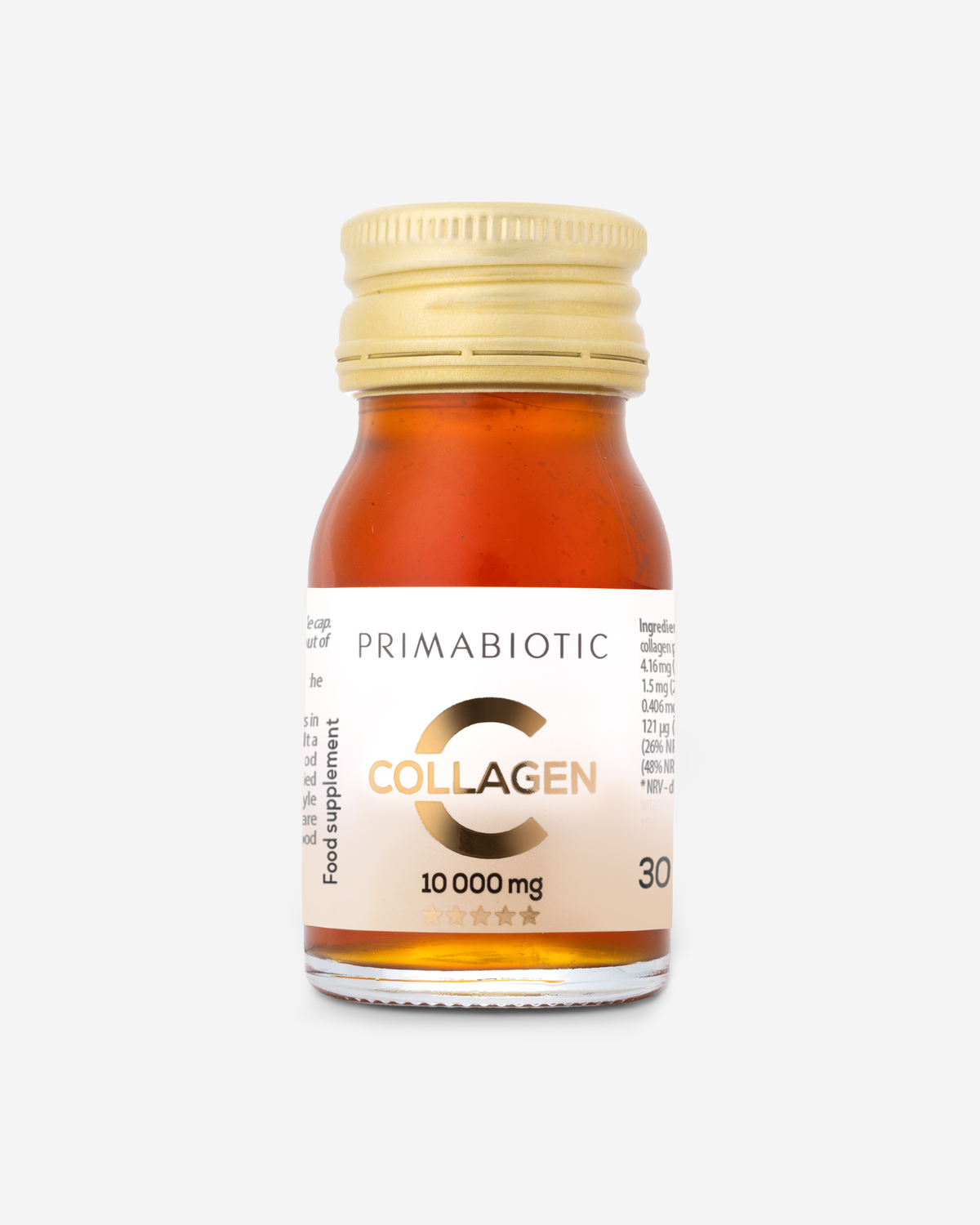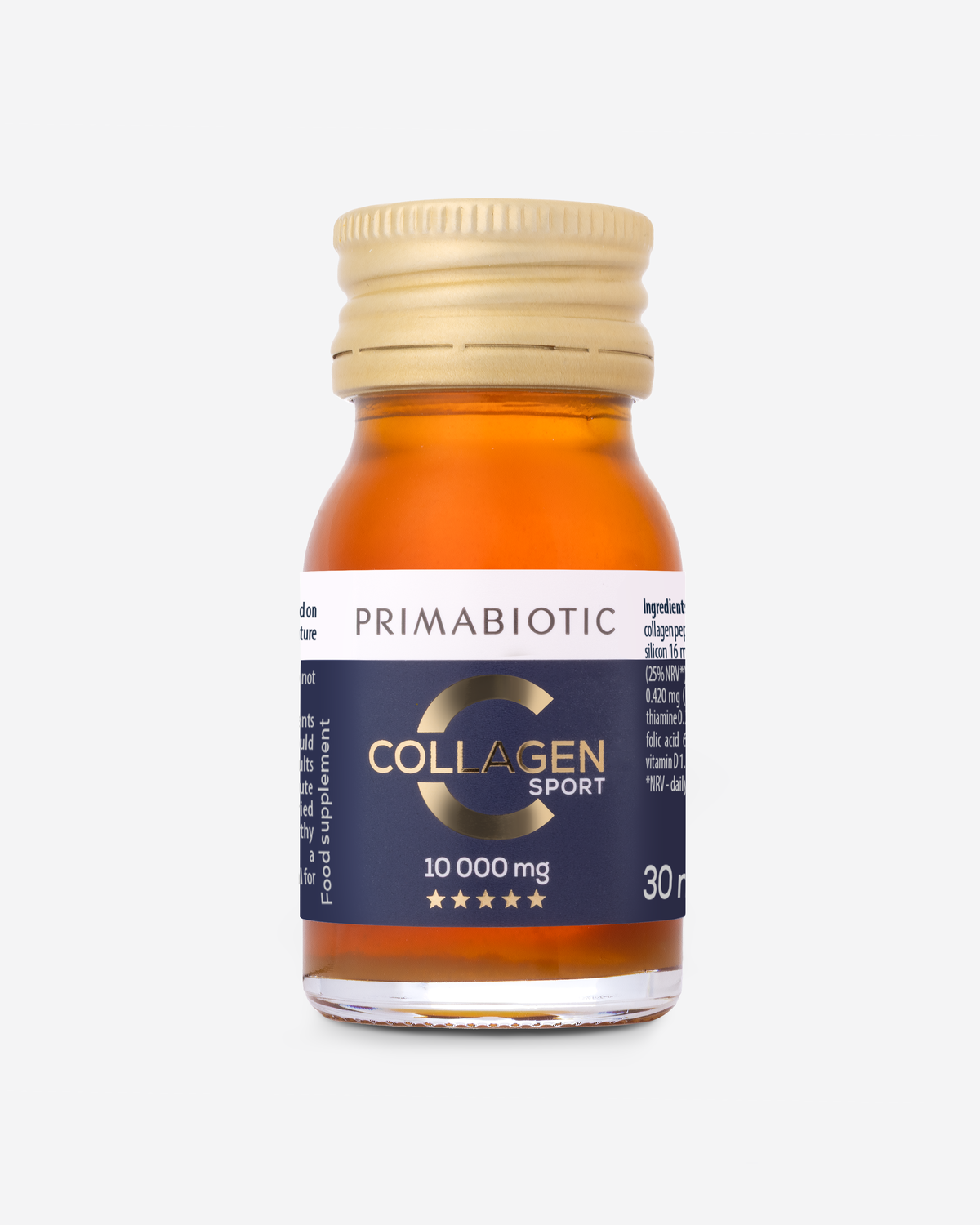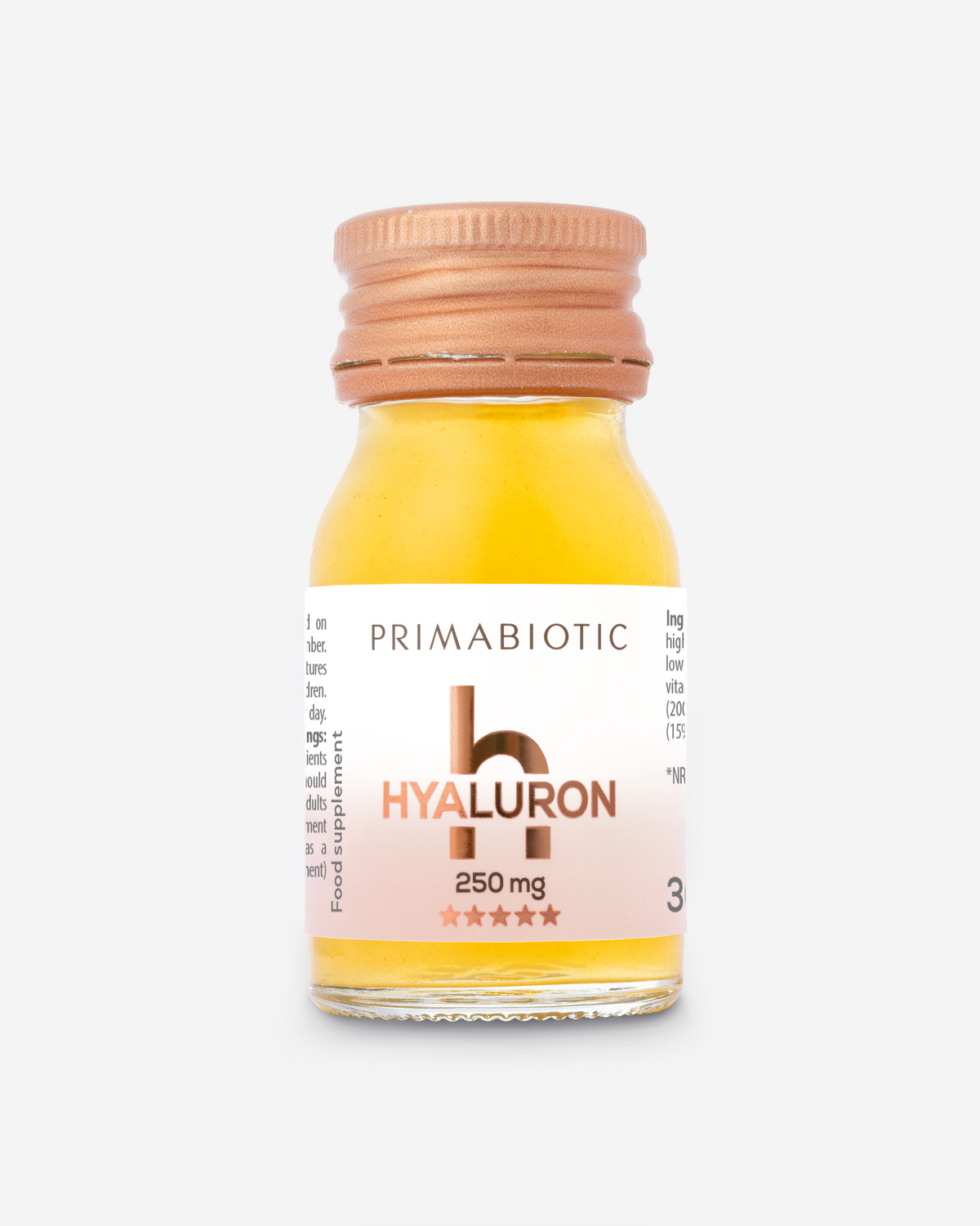You often ask us when to drink collagen – in the morning or evening, how long collagen supplementation should last, and if breaks are needed after a certain number of bottles. In this article, we'll answer all your questions!
When Is the Best Time to Take Collagen?
In theory, the time of day isn't crucial for collagen supplementation. However, we recommend taking a shot in the morning, just after breakfast. Firstly, it's better not to take supplements on an empty stomach (unless the manufacturer advises otherwise), and secondly, our product contains a lot of protein, which helps you feel full longer. This way, you're less likely to reach for unhealthy snacks right after breakfast. Lastly, you can make your morning collagen intake a ritual for health, beauty, and well-being. If you forget to drink it after breakfast, make sure to drink it as soon as possible – only regular use provides visible results!
How Long Does Collagen Take to Work?
Now that we know the best time to consume it, what about the length of supplementation? It depends on individual needs. If you have only recently lost the natural ability to produce collagen (around age 26), a monthly treatment often suffices to notice initial results like wrinkle reduction or skin firming. Seniors and those with osteoarticular diseases usually need three months to feel better. If you have rheumatoid arthritis, you should take collagen for six months as a supportive treatment. As we've mentioned, how long supplementation should last is a very individual matter. Be patient, observe yourself, and take your shots daily – the effects will appear sooner or later!
Should You Take a Break from Collagen Supplements?
Moving on from the length of supplementation, should we stop using collagen after a while? If so, for how long? There is no strict time frame, but it's generally accepted that breaks shouldn't be longer than three months. If you stop supplementation for a longer period, joint or skin problems can quickly return. Some people opt to drink shots less frequently, such as every few days, instead of stopping completely. This is also a great way to maintain its positive effects.
Remember, the key to better well-being is always regularity and long-term efforts!
Check out the other articles:
- 6 reasons why you should be using collagen
- Diet and supplementation with osteoporosis
-
What are Dietary Supplements and Do They Work?






